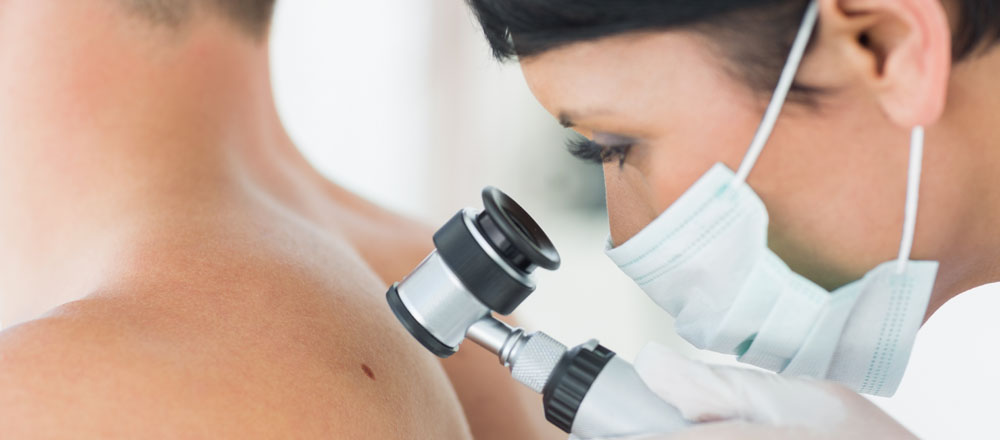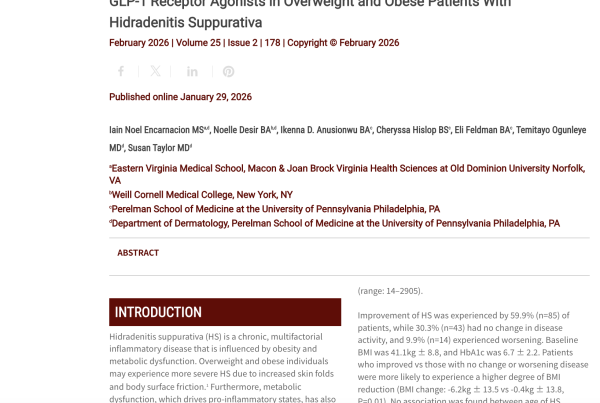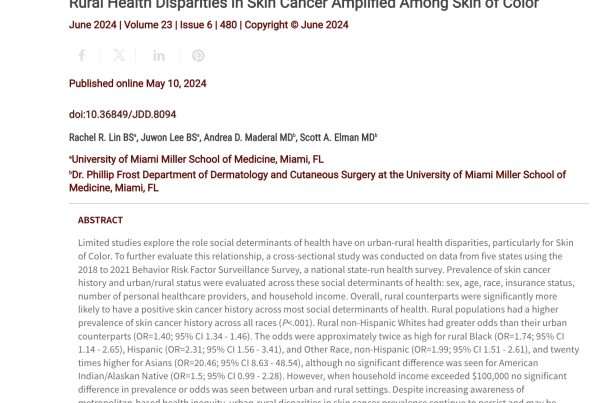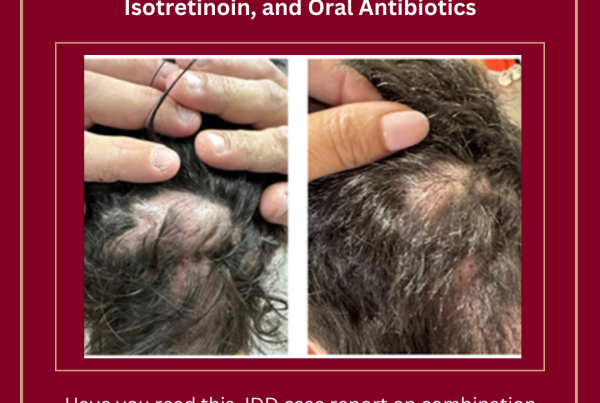Featured Article

"Is the Coronavirus (COVID-19) Pandemic an Indication to Temporarily Modify Dermatological Management Plans?"
While the world lives under the shadow of the novel coronavirus (COVID-19) pandemic, dermatologists wonder if the current situation calls for a temporary change in the management of skin conditions.
Immunosuppressive drugs are used ubiquitously in the modern treatment of inflammatory and autoimmune skin diseases like psoriasis, bullous diseases, connective tissue diseases, and many others. Treatment of these conditions is based on the suppression of the patient’s immune system using steroids, steroid-sparing drugs, and biological agents.1
“The use of immunosuppressive to treat these conditions can amplify this effect, and it might leave the patient vulnerable to more serious complications should an infection with the novel coronavirus be established. Hence, it may be wise to restrict temporarily the use of immunosuppressive agents including systemic steroids, steroid-sparing agents, and biologics in dermatology daily practice until more evidence is avilable about their safety in the current pandemic.6 As a relates point, the International Psoriasis Council declared an urgent statement on March 11, 2020 that the physician should be alert to the potentially harmful effects of COVID-19 infection on patients with psoriasis and to immediately discontinue or postpone immunosuppressant medications for psoriasis patients diagnosed with COVID-19 disease.”
As the declaration of the novel coronavirus as a pandemic by the WHO is a trending topic nowadays, dermatologists around the world view with concern the impact of this pandemic on their daily practice.
Read Full Article Now
You May Also Like
 GLP-1 Receptor Agonists in Overweight and Obese Patients With Hidradenitis Suppurativa
GLP-1 Receptor Agonists in Overweight and Obese Patients With Hidradenitis Suppurativa
GLP-1 Receptor Agonists in Overweight and Obese Patients With Hidradenitis Suppurativa
GLP-1 Receptor Agonist Use and Hidradenitis Suppurativa in Overweight Patients — Retrospective Findings from a Single Center Have you read this article in the latest JDD issue? A recent IRB-exempt…
 Non-Invasive Diagnosis of Sun Damaged Skin: Actinic Keratosis Vs Squamous Cell Carcinoma
Non-Invasive Diagnosis of Sun Damaged Skin: Actinic Keratosis Vs Squamous Cell Carcinoma
Non-Invasive Diagnosis of Sun Damaged Skin: Actinic Keratosis Vs Squamous Cell Carcinoma
From the Vault: In this article from JDD, a multi state BRFSS analysis finds higher skin cancer history in rural populations and In this article from the JDD vault, authors…
 Treatment Strategy for Refractory Dissecting Cellulitis of the Scalp Using Bimekizumab, Isotretinoin, and Oral Antibiotics
Treatment Strategy for Refractory Dissecting Cellulitis of the Scalp Using Bimekizumab, Isotretinoin, and Oral Antibiotics
Treatment Strategy for Refractory Dissecting Cellulitis of the Scalp Using Bimekizumab, Isotretinoin, and Oral Antibiotics
Have you read this JDD case report on combination therapy for dissecting cellulitis of the scalp? Have you read this article in JDD? This case report describes two men, ages…






